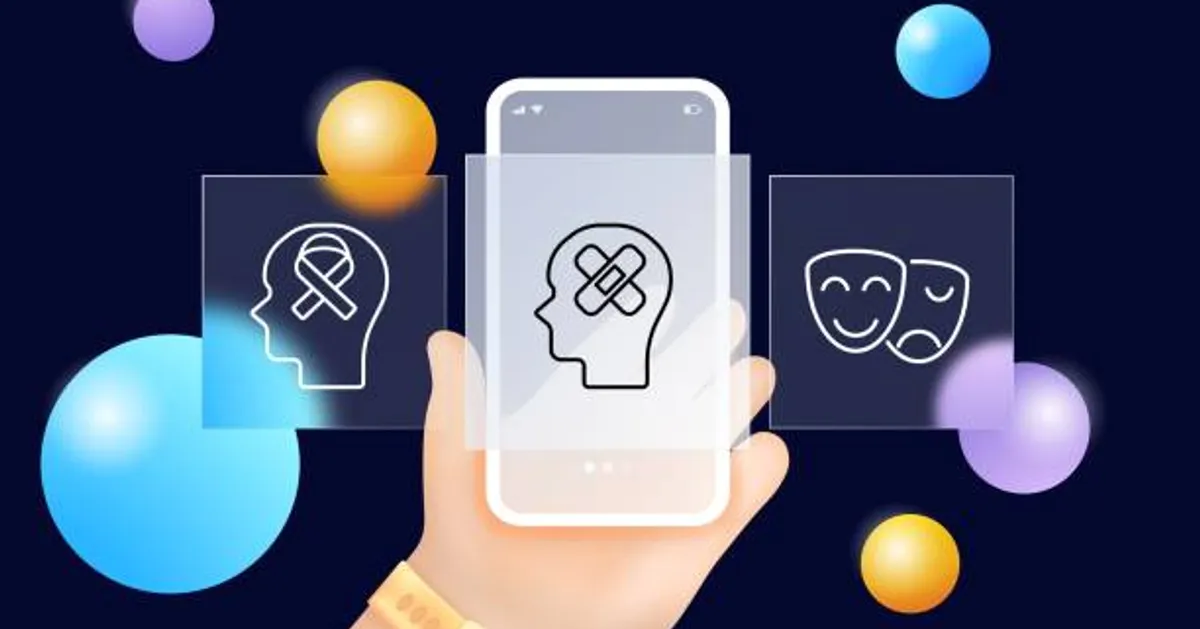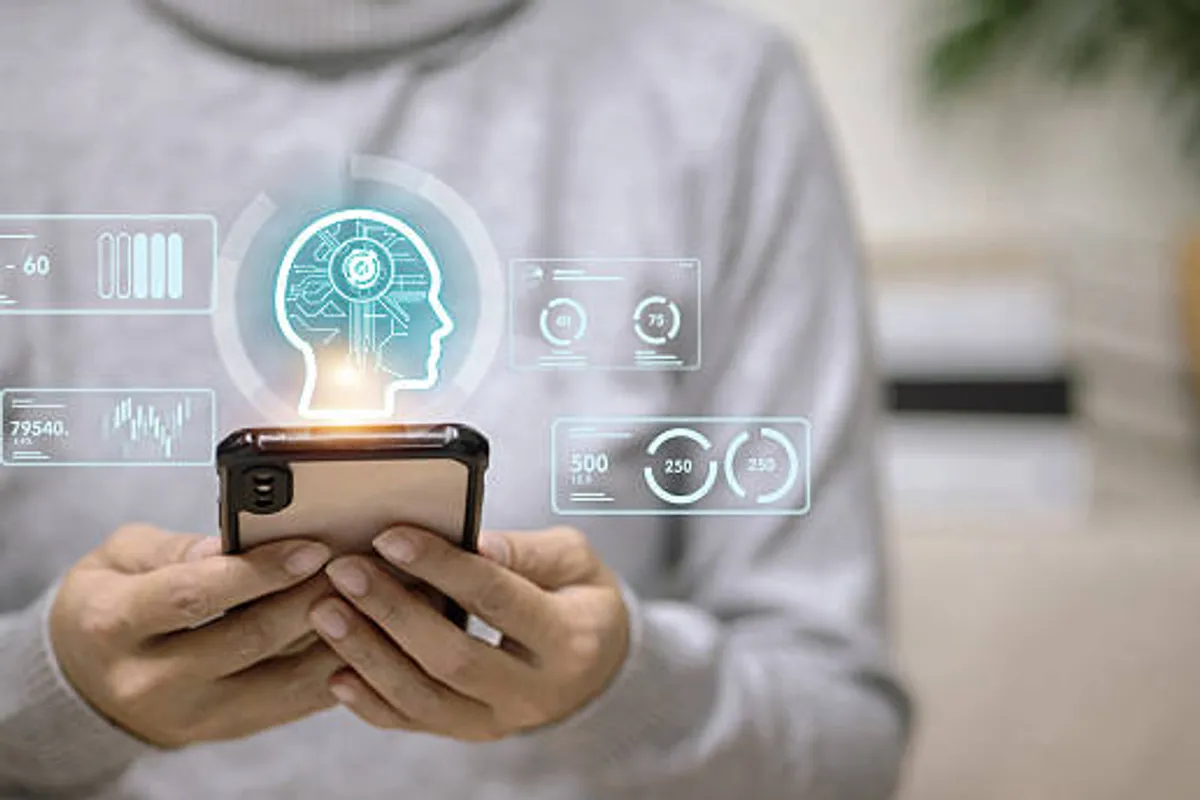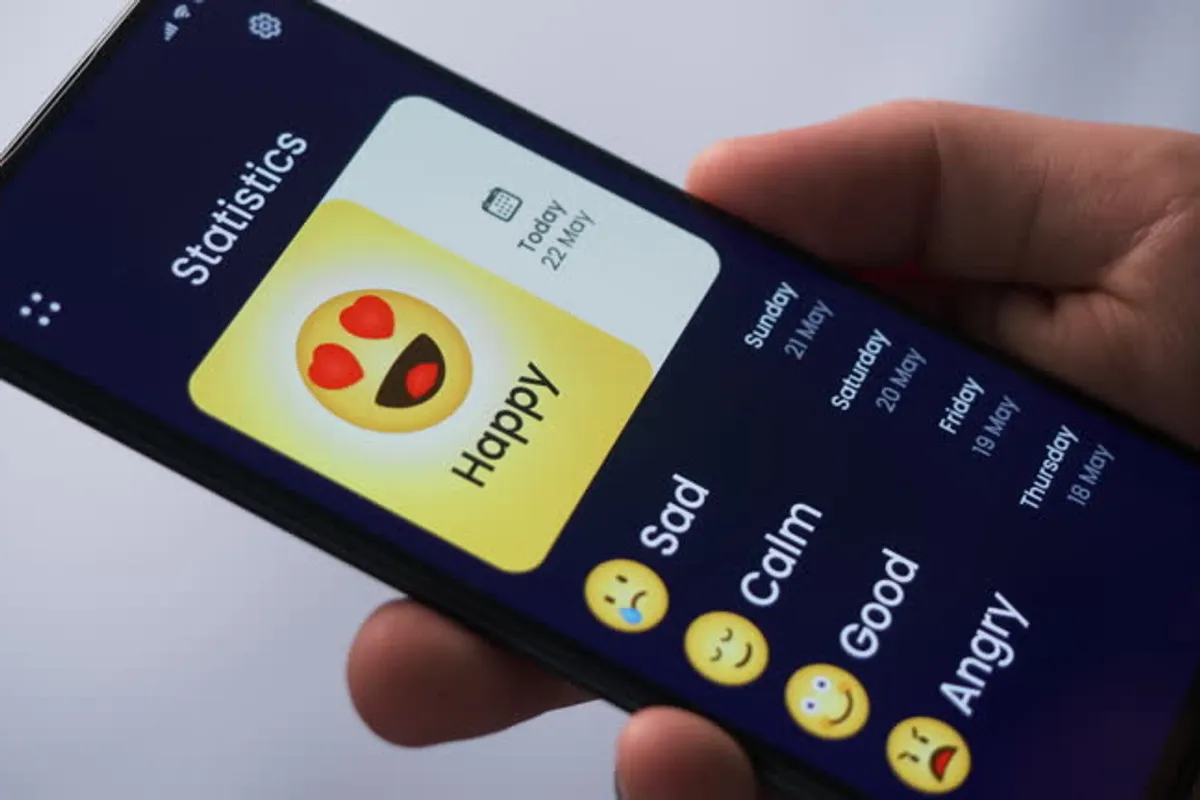
How AI Therapy Apps Are Changing Mental Health Care in 2025

GeokHub
Contributing Writer
In 2025, artificial intelligence is no longer just a buzzword in the tech world — it has become an everyday companion in mental health care. AI-powered therapy apps are helping millions access emotional support faster, cheaper, and more consistently than traditional therapy.
Platforms like Woebot, Replika, and Wysa now integrate natural language understanding, mood analytics, and personalized mental-health tracking. These apps provide real-time interaction that mimics human empathy — available 24/7, no waiting list, and no appointment fee.
While these tools aren’t meant to replace licensed therapists, they are reshaping accessibility, offering people immediate care during moments of stress, anxiety, or loneliness.
From Chatbots to Companions
Early versions of AI therapy apps were little more than pre-programmed chatbots. In 2025, they’ve evolved into sophisticated digital companions. Through consistent interactions, these apps learn users’ communication patterns, stress triggers, and emotional cues.
For instance, Wysa now uses adaptive emotional modeling — adjusting its tone based on a user’s mood. Meanwhile, Replika’s latest upgrade includes voice and facial emotion recognition, offering responses that feel more human and contextual.
This evolution has blurred the line between “app” and “assistant.” For some users, AI therapy platforms are not just tools — they’ve become trusted spaces for self-expression and emotional regulation.
Accessibility Meets Affordability
One of the biggest advantages of AI therapy apps is cost reduction. Traditional therapy sessions can cost anywhere from $80 to $250 per hour. AI mental-health tools, by contrast, often operate on subscription models between $10 and $40 monthly.
This has opened the door for people who previously couldn’t afford therapy — especially in developing regions or among younger demographics where mental-health stigma remains high.
Additionally, these apps are anonymous and stigma-free, giving users confidence to open up without fear of judgment. For first-time mental-health seekers, this can be a life-changing bridge to professional help.
How AI Helps Therapists, Too
Interestingly, AI isn’t replacing therapists — it’s helping them. Many professionals now integrate AI dashboards that summarize patient mood logs and emotional trends between sessions.
Tools like Ellie by USC’s Institute for Creative Technologies are used to detect micro-expressions and stress indicators in clinical sessions, helping therapists notice early signs of depression or burnout.
In essence, AI is becoming a co-therapist — handling repetitive check-ins, journaling prompts, and emotional tracking — freeing human professionals to focus on deep, personalized interventions.
Ethics and Emotional Boundaries
Despite the benefits, experts warn about over-reliance on AI for emotional support. These systems, while empathetic in tone, lack true consciousness or moral judgment. Users may develop emotional attachments to apps that can’t reciprocate human care.
There are also growing concerns about data privacy. Sensitive mental-health logs must be stored securely, as leaks could expose deeply personal details. Many countries are now updating digital therapy regulations to ensure compliance with health-data laws like GDPR and HIPAA.
For safe use, users should always verify whether an app has transparent data policies and human oversight options.
A Hybrid Future of Therapy
The future of mental health care looks hybrid — where human empathy and artificial intelligence work hand-in-hand. Imagine AI systems handling 24/7 mood tracking, while human therapists interpret deeper patterns during live sessions.
This approach combines the best of both worlds: data-driven precision from AI and emotional intelligence from humans.
In 2025, this hybrid model is already taking shape in major telehealth networks, creating a new standard for proactive, preventive mental-health support.
Get Smart Tracker for better mental health, to help journey. Always know you can do this
Final Thoughts
AI therapy apps are transforming mental health care from reactive to proactive. Whether you’re struggling with anxiety, burnout, or loneliness, these digital tools offer instant relief, guided exercises, and accessible emotional care.
However, experts emphasize one key rule: AI should assist, not replace human connection. Used wisely, these tools can complement therapy, encourage mindfulness, and help millions build consistent mental-wellness routines.
Affiliate disclosure: This article contains affiliate links. If you purchase through them, I may earn a small commission at no extra cost to you.








